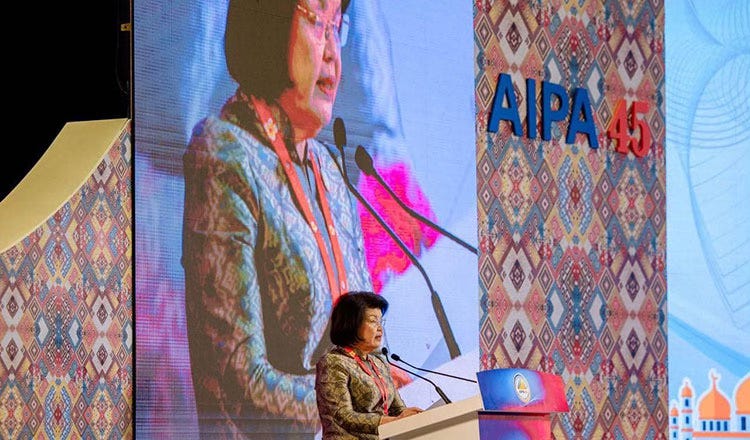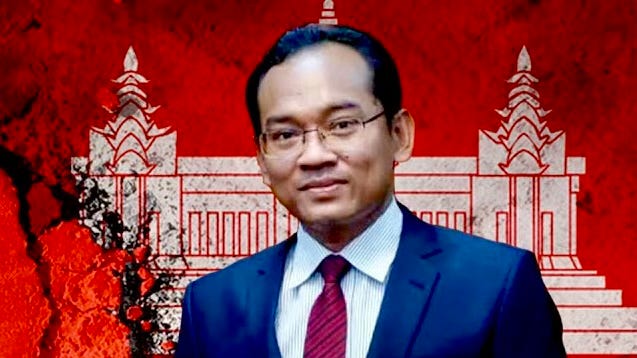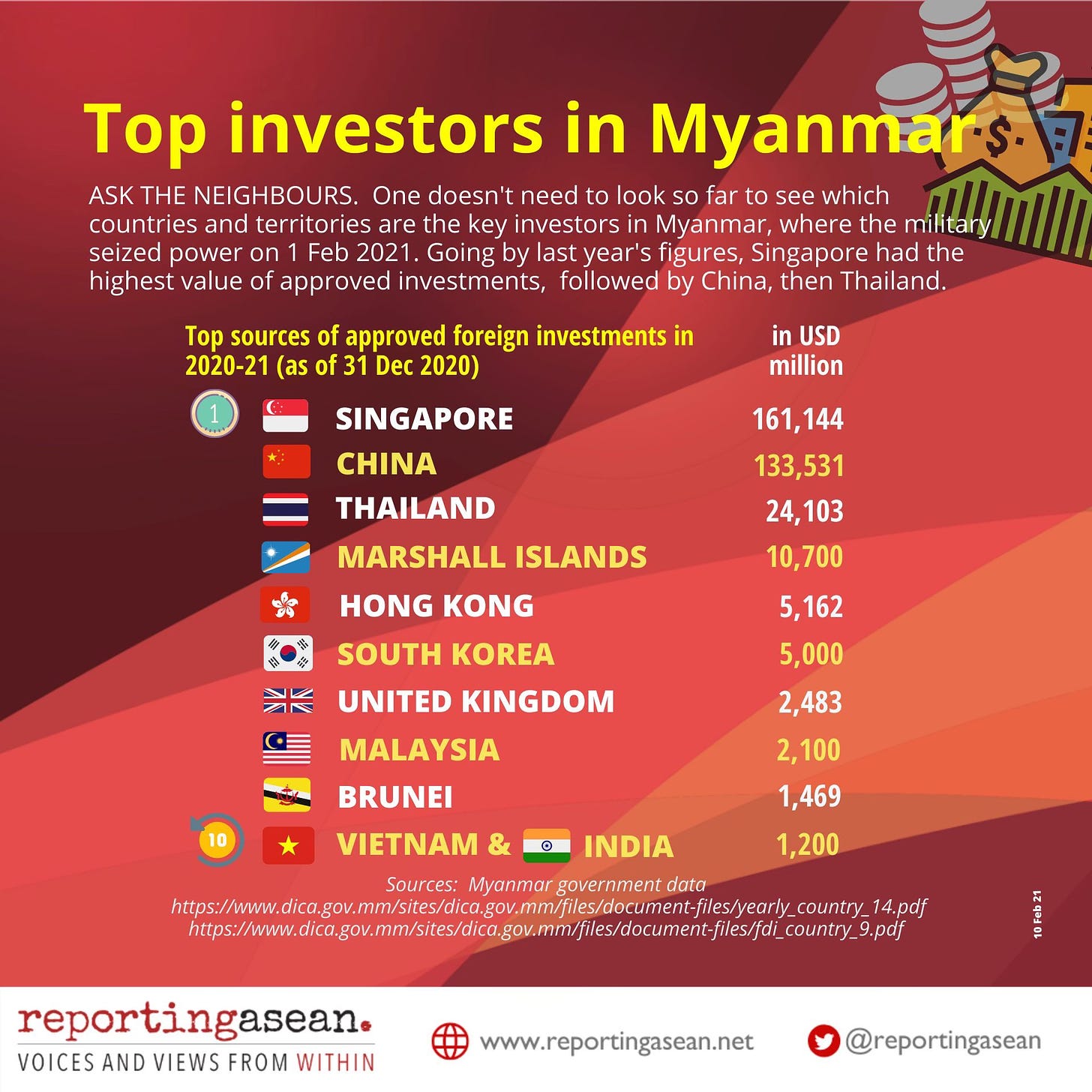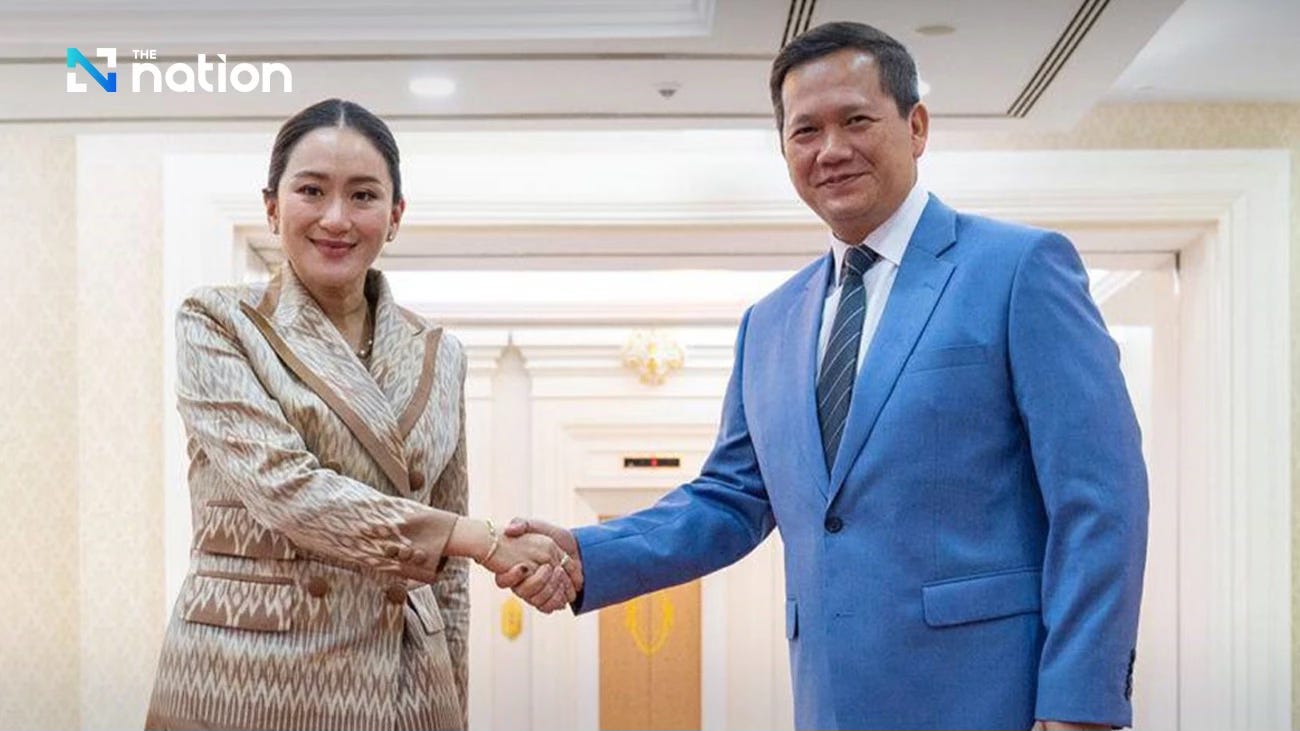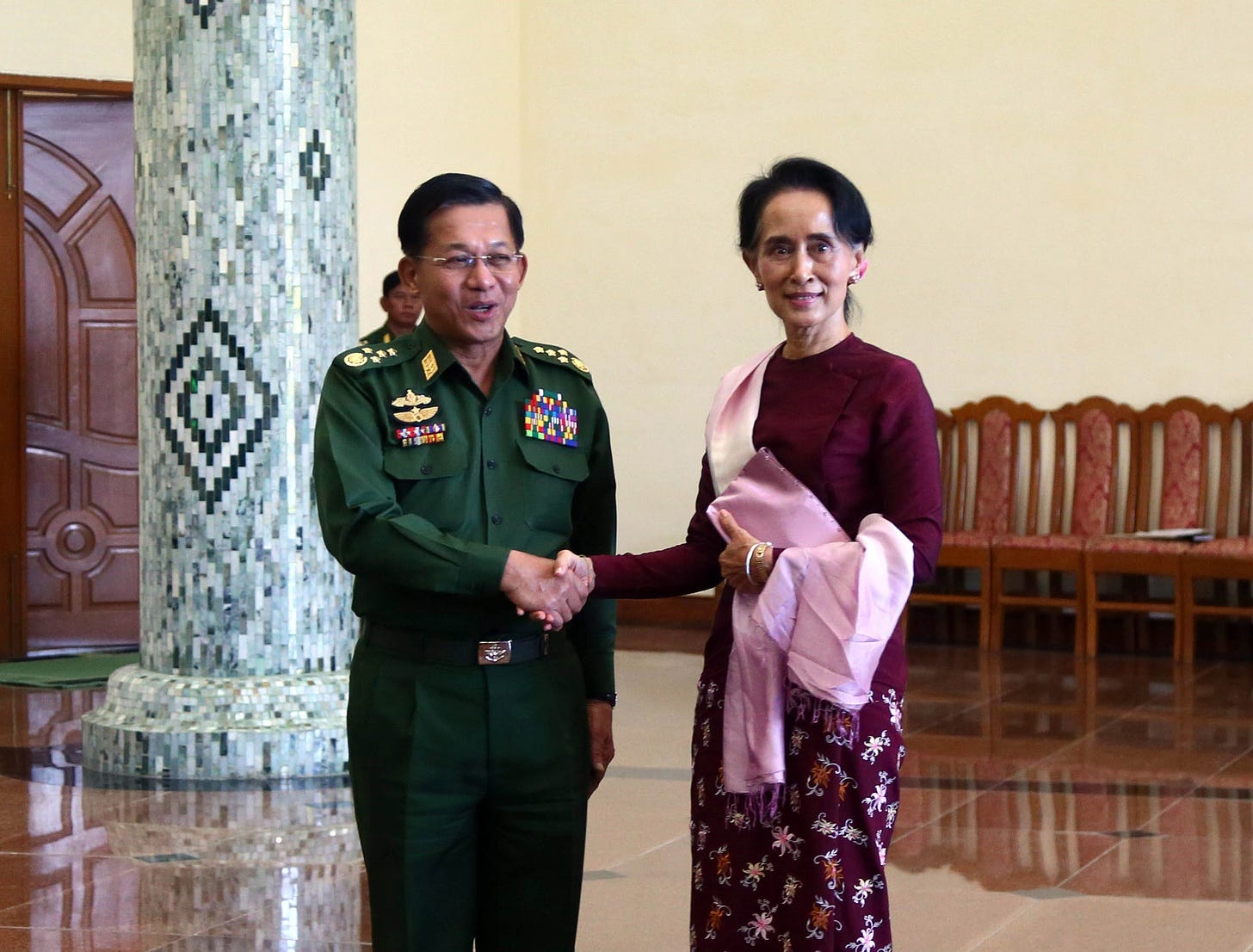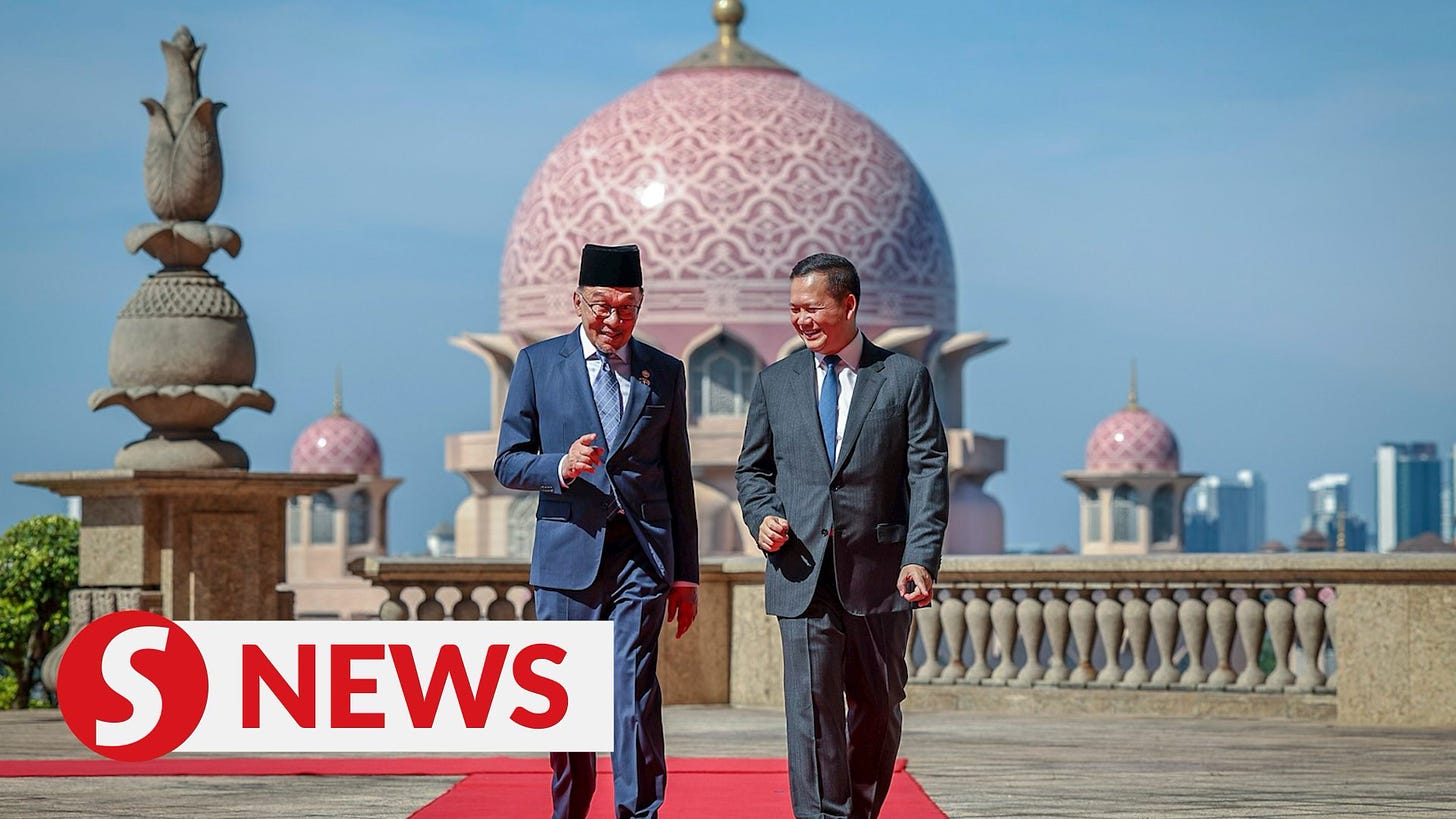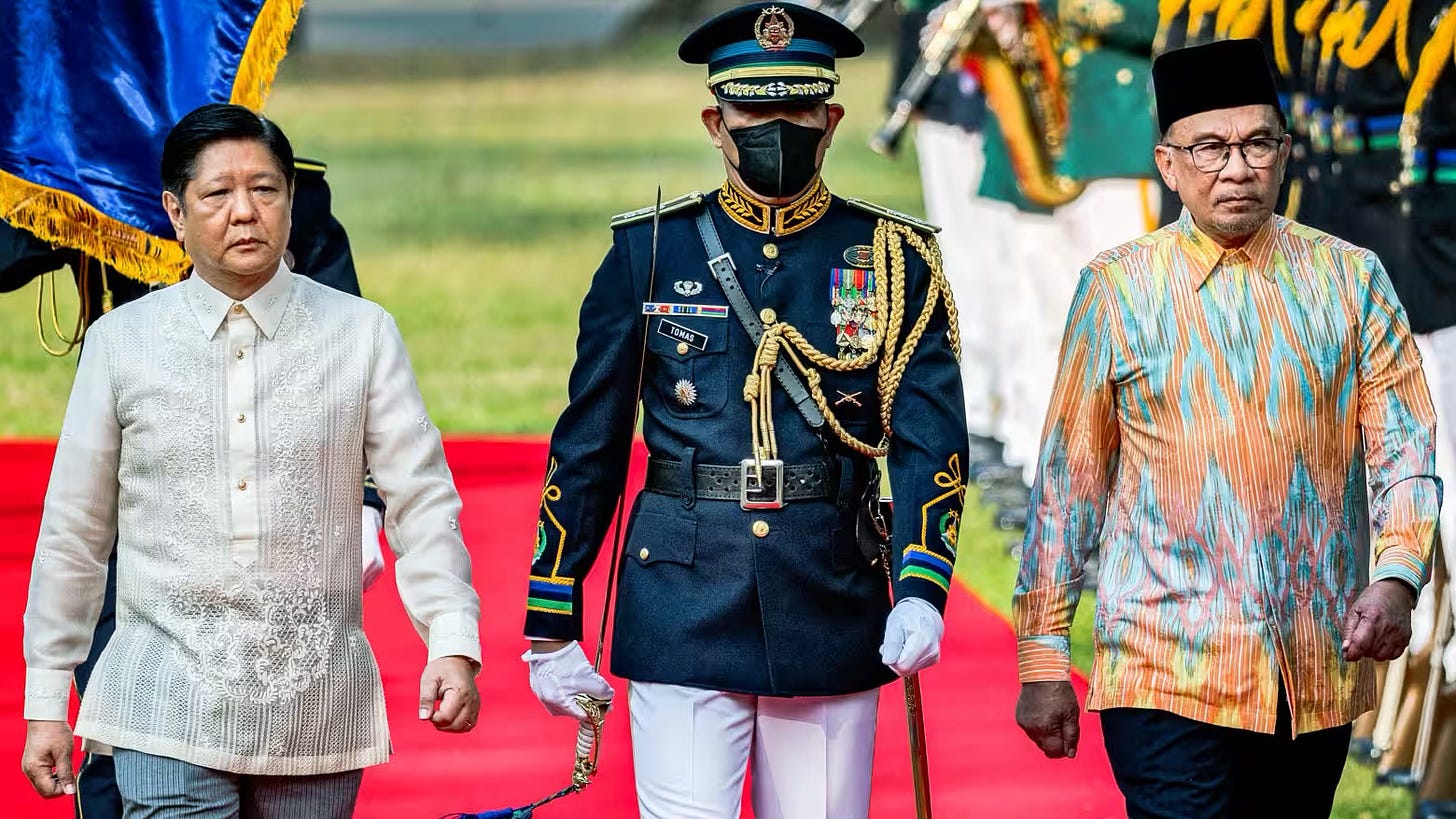Cambodia urges swift Myanmar resolution
Cambodia, Thailand and Malaysia consensus solution for Myanmar lies in direct negotiations between the military junta and pro-democracy leader Aung San Suu Kyi, as well as other relevant parties.
Cambodia urges swift resolution to Myanmar conflict
National Assembly President Khuon Sudary on Saturday made the call during the 45th ASEAN Inter-Parliamentary Assembly (AIPA) General Assembly in Laos, emphasising the need for immediate action to bring peace and development back to Myanmar.
The Five-Point Consensus, agreed upon by ASEAN, includes an immediate cessation of violence in Myanmar, constructive dialogue among all parties, the mediation of such dialogues by a special ASEAN envoy, humanitarian assistance provided by ASEAN, and visits by the special envoy to meet with stakeholders in Myanmar.
Speaking on Saturday in Laos, Sudary reiterated the importance of implementing the consensus to strengthen ASEAN’s unity, neutrality, and its role as a peacebuilding agent. She also emphasised the necessity for ASEAN to be bold and innovative in supporting Myanmar’s efforts to restore peace and democracy.
“We are at a critical juncture in world history,” she said, pointing to growing tensions, geopolitical rivalries, and the weakening of global governance.
She urged ASEAN to avoid becoming a “theatre of geopolitical competition” and remain united in maintaining political independence and strategic autonomy.
Sudary also emphasised ASEAN’s responsibility to foster peace and stability in Myanmar, advocating for more robust and innovative approaches to help restore peace and democracy in the troubled nation.
“ASEAN unity and centrality are crucial to regional peace and stability. We need to be bolder in helping the Myanmar people help themselves,” she said.
Political analyst Seun Sam from the Royal Academy of Cambodia expressed his view that the best solution for Myanmar lies in direct negotiations between the military junta and pro-democracy leader Aung San Suu Kyi, as well as other relevant parties. While the Five-Point Consensus is significant, he believes that real progress can only be made if the internal conflict is resolved through direct dialogue between the stakeholders.
He added that ASEAN member states should create a framework to facilitate such discussions, stressing the importance of Myanmar’s political actors prioritising national interests over personal or factional concerns. Meanwhile, sanctions imposed by ASEAN, the UN, and certain global powers on Myanmar’s military regime have reportedly worsened tensions, pushing the junta to become more resistant.
According to Sam, the protracted conflict may not have immediate economic impacts on ASEAN or the region, given Myanmar’s relatively smaller economy. However, the ongoing crisis is damaging ASEAN’s image and undermining its capacity to resolve internal conflicts, while Myanmar’s people continue to suffer, with rising death tolls.
Cambodia, he noted, has a crucial role in resolving the Myanmar crisis as a member of ASEAN, often taking the rotating chairmanship. With a history of overcoming internal conflict and civil war and the experience of leaders like former Prime Minister Hun Sen, Cambodia brings valuable insights to resolving such issues.
Jean-François Tain, Minister Delegate attached to the prime minister in charge of Foreign Affairs and International Cooperation, echoed these sentiments, saying that the Myanmar situation remains a hot topic of discussion among ASEAN leaders. He added that Myanmar’s status as a member of ASEAN necessitates the bloc’s involvement in addressing its ongoing issues.
Tain noted that resolving the Myanmar crisis is particularly difficult but stressed that ASEAN must continue to uphold its principles and limitations while seeking solutions to the problem.
https://www.khmertimeskh.com/501577656/cambodia-urges-swift-resolution-to-myanmar-conflict/
Dr. Sam Seun on Myanmar
Political analyst Dr. Sam Seun from the Royal Academy of Cambodia expressed his view that the best solution for Myanmar lies in direct negotiations between the military junta and pro-democracy leader Aung San Suu Kyi, as well as other relevant parties. While the Five-Point Consensus is significant, he believes that real progress can only be made if the internal conflict is resolved through direct dialogue between the stakeholders.
He added that ASEAN member states should create a framework to facilitate such discussions, stressing the importance of Myanmar’s political actors prioritising national interests over personal or factional concerns. Meanwhile, sanctions imposed by ASEAN, the UN, and certain global powers on Myanmar’s military regime have reportedly worsened tensions, pushing the junta to become more resistant.
According to Sam, the protracted conflict may not have immediate economic impacts on ASEAN or the region, given Myanmar’s relatively smaller economy. However, the ongoing crisis is damaging ASEAN’s image and undermining its capacity to resolve internal conflicts, while Myanmar’s people continue to suffer, with rising death tolls.
Cambodia, he noted, has a crucial role in resolving the Myanmar crisis as a member of ASEAN, often taking the rotating chairmanship. With a history of overcoming internal conflict and civil war and the experience of leaders like former Prime Minister Hun Sen, Cambodia brings valuable insights to resolving such issues.
NB: Dr. Seun Sam earned his PhD in Political Science from Khemarak University in Phnom Penh. Today he is a policy analyst at the Royal Academy of Cambodia (RAC) and lectures on geopolitics and geo-economics at the RAC and Khemarak University. He is also a fellow of the American Political Science Association (APSA) and a regular contributor to Khmer Times, Cambdianess, South China Morning Post, and other local and international media.
Thailand offers to host Myanmar talks
Thailand has offered to host informal consultations on efforts to end the crisis in Myanmar in December, according to the Ministry of Foreign Affairs.
Ministry spokesman Nikorndej Balankur outlined the offer at an online press conference on the first day of the Asean Summit and related meetings in Vientiane.
“Our proposal is backed by Laos [the current Asean chair] and Malaysia [the incoming chair], so we believe this informal consultation will take place,” he said.
Mr Nikorndej said Asean leaders agreed during a retreat session of the summit that the crisis in Myanmar is a prime concern, and that every member would like to see peace return to the country.
They also urged all parties in the Myanmar crisis, in particular, the armed forces and other security apparatus, to de-escalate and cease targeting civilians, he said, citing a statement issued after the retreat.
Asean has made little progress with its “five point consensus” peace plan for Myanmar, agreed on months after the 2021 coup.
Junta chief Min Aung Hlaing was a party to that agreement but his administration has all but ignored it, even as the country spirals into civil war and dire economic straits.
The junta has rejected all calls for talks with the shadow government formed by supporters of the elected administration ousted by the military, branding them as “terrorists”.
But Kao Kim Hourn, the Asean secretary-general, said leaders remain adamant that the grouping will stay engaged with Myanmar.
“We need time and patience,” the secretary-general said in an interview with Reuters.
“Myanmar is such a complicated, a complex issue. … We should not expect a quick fix.”
As the expanding armed resistance against the military government continues, 18.6 million people — more than a third of the population — are estimated to be in need of humanitarian assistance.
Despite losing control of wide swathes of territory and being pinned down across multiple front lines, the junta appears to be pushing ahead with plans for an election next year, which has been widely derided as a sham.
Asean will continue to push for "inclusive political dialogue" among all conflicting parties in Myanmar, said Kao Kim Hourn, even as leaders look to scale up humanitarian assistance.




